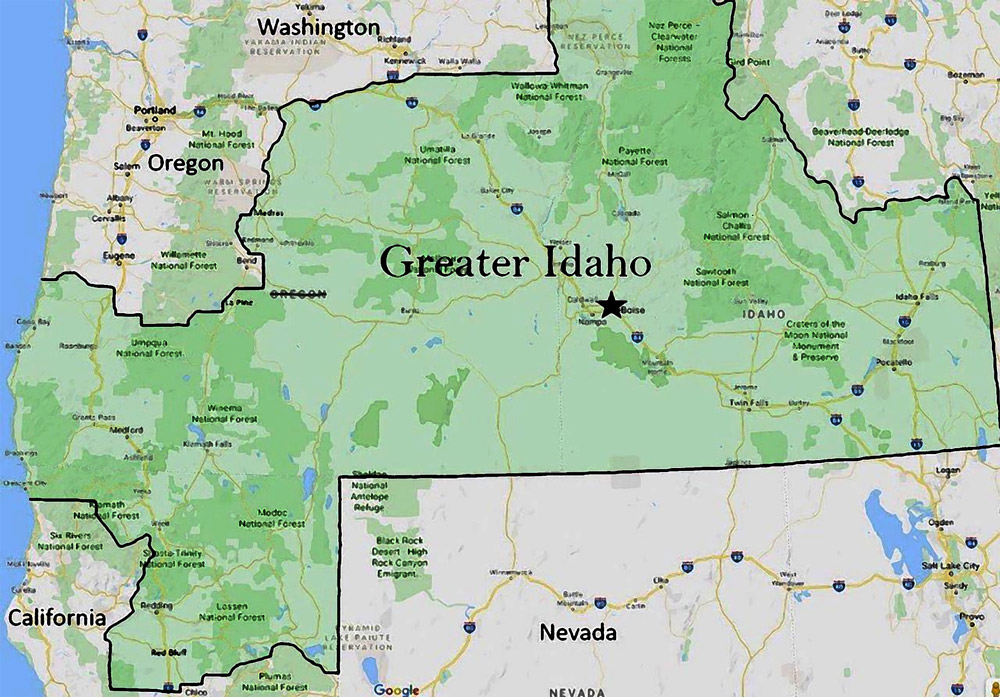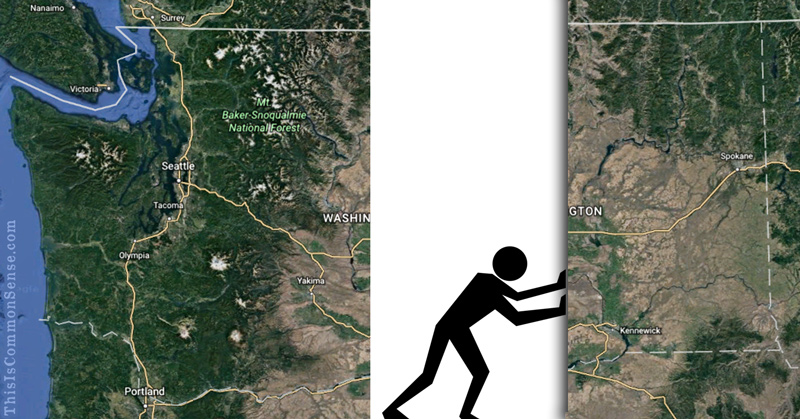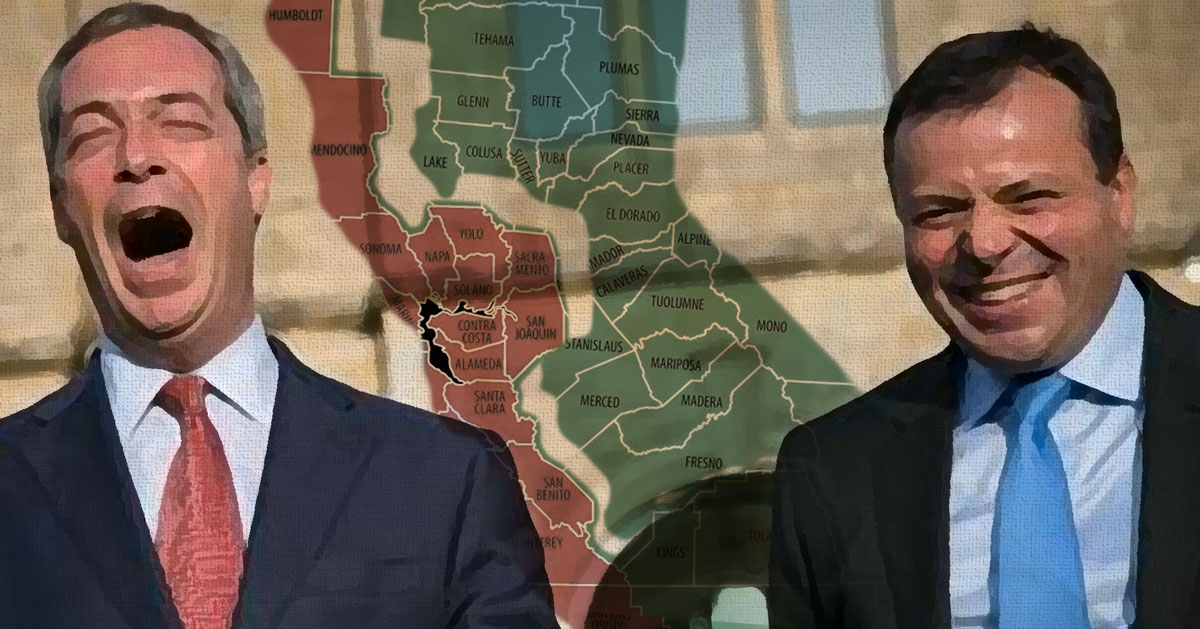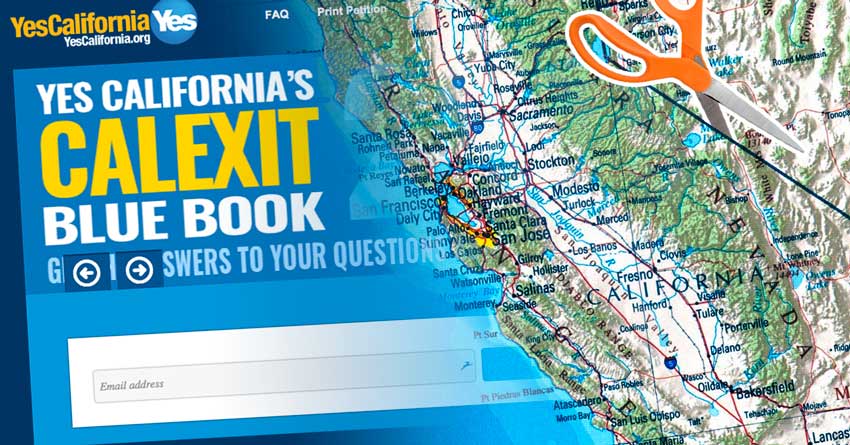Thirty-three rural Illinois counties have voted — count ’em, 33, with seven added just last November — to secede from their state.
Sort of.
The citizens of those counties have approved non-binding measures saying they wish to secede. In this case, the initiative and referendum process has been used as a form of petitioning.
They want a divorce. From Chicago and Cook County.
The reasons? The age-old country-city divide: taxes, scope of government, a complete clash of values.
On the table are two counter-offers.
“Instead of seceding and forming a 51st state,” suggests Indiana’s Speaker of the House Todd Huston, “they should just join us.”
This is pretty much what the Oregon secessionists are trying to do with their “Greater Idaho,” as covered here in the past.
In February, the Indiana House passed a bill to create a bipartisan committee to explore the notion; it now heads to the Senate.
Indiana’s lieutenant governor said it would “Make Illinois Great Again.”
Illinois’s governor, on the other hand, dubbed it a “stunt.”
But District 109 State Representative Charlie Meier has taken those 33 expressions of extreme dissatisfaction seriously, offering an alternative: reconstruct the State Senate so that one senator would be elected from districts made up of three contiguous counties, rather than the cumbersome gerrymandered array that has been legally challenged by Republicans — giving rural counties more say, more political oomph.
For that’s what it’s really about.
Note that two previous attempts to separate from Chicago and Cook County — in 1925 and 1981 — hailed from the Windy City itself.
Now it’s the rest of the state that wants out.
Interesting development in comparative power and grievance, no?
This is Common Sense. I’m Paul Jacob.
Created with Krea and Firefly
See all recent commentary
(simplified and organized)
See recent popular posts










